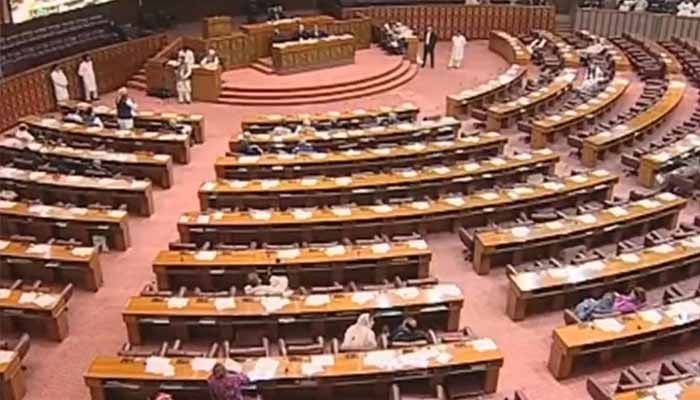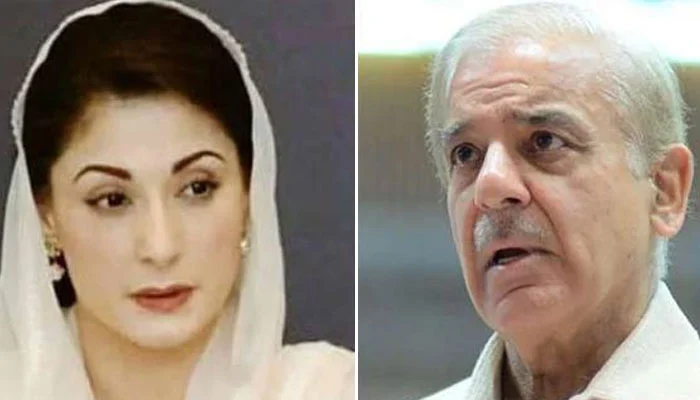In the 2024 elections, 12 women from four political parties have successfully defeated strong male contenders to secure seats in the National Assembly.
Out of these, five women are affiliated with the Pakistan Tehreek-e-Insaf (PTI), four with the Pakistan Muslim League-Nawaz (PML-N), two with the Pakistan Peoples Party (PPP), and one with the Muttahida Qaumi Movement (MQM).
This historic achievement includes prominent figures like Maryam Nawaz, Aniqa Bhatti, Ayesha Jat, and Amber Niazi, who will be representing their constituencies in the National Assembly for the first time.
According to the Election Commission’s results, candidates such as Shandana Gulzar from Peshawar, Aniqa Mehdi Bhatti from Hafizabad, Ayesha Nazir Jat from Vehari, Amber Majid Niazi from Layyah, and Zartaj Gul from Dera Ghazi Khan have emerged victorious after facing tough competition. All five women are supported by the PTI.
Women candidates affiliated with the PML-N, including Noshin Iftikhar from Sialkot, Maryam Nawaz from Lahore, Shazia Mansab from Nankana Sahib, and Tehmina Daulatana from Vehari, have also secured seats in the National Assembly by defeating opposing candidates.
Furthermore, three women candidates from Sindh have also emerged victorious in their respective constituencies. Shazia Mari from the Pakistan Peoples Party has won from Sanghar, while Nafisa Shah has secured victory from Khairpur. Asiya Asad from the MQM has also achieved success in Karachi.
This significant representation of women in the National Assembly reflects a positive step towards gender equality and women’s empowerment in Pakistani politics. The success of these women candidates from various political parties underscores the growing acceptance and recognition of women’s leadership and capabilities in the political arena.
Their election to the National Assembly not only marks a significant milestone in Pakistani politics but also paves the way for greater inclusion and diversity in decision-making processes at the national level. It is hoped that their presence will contribute to more inclusive and representative governance, addressing the needs and concerns of all segments of society.



